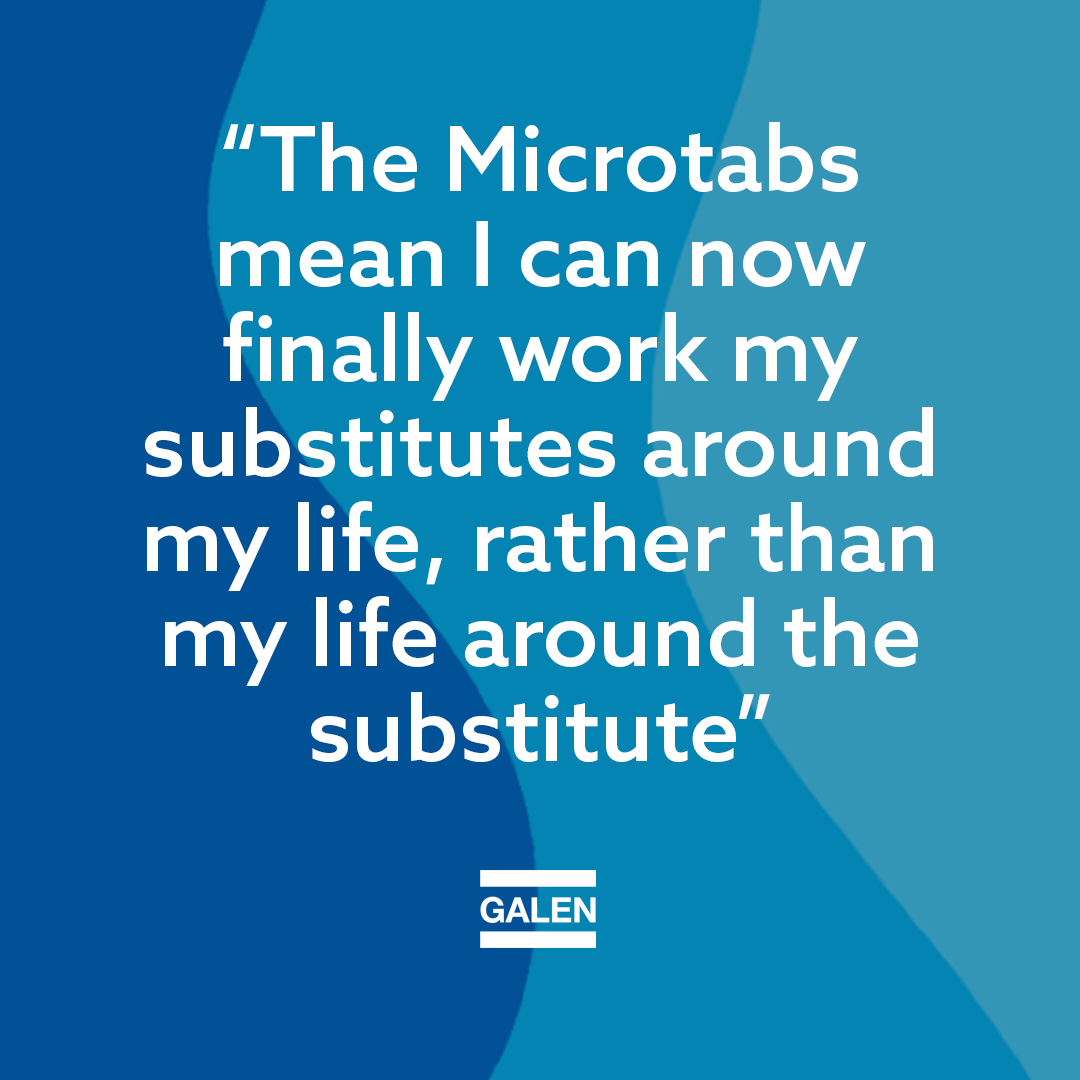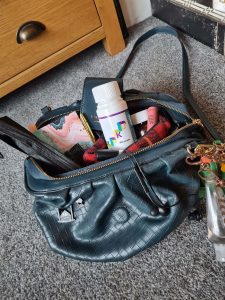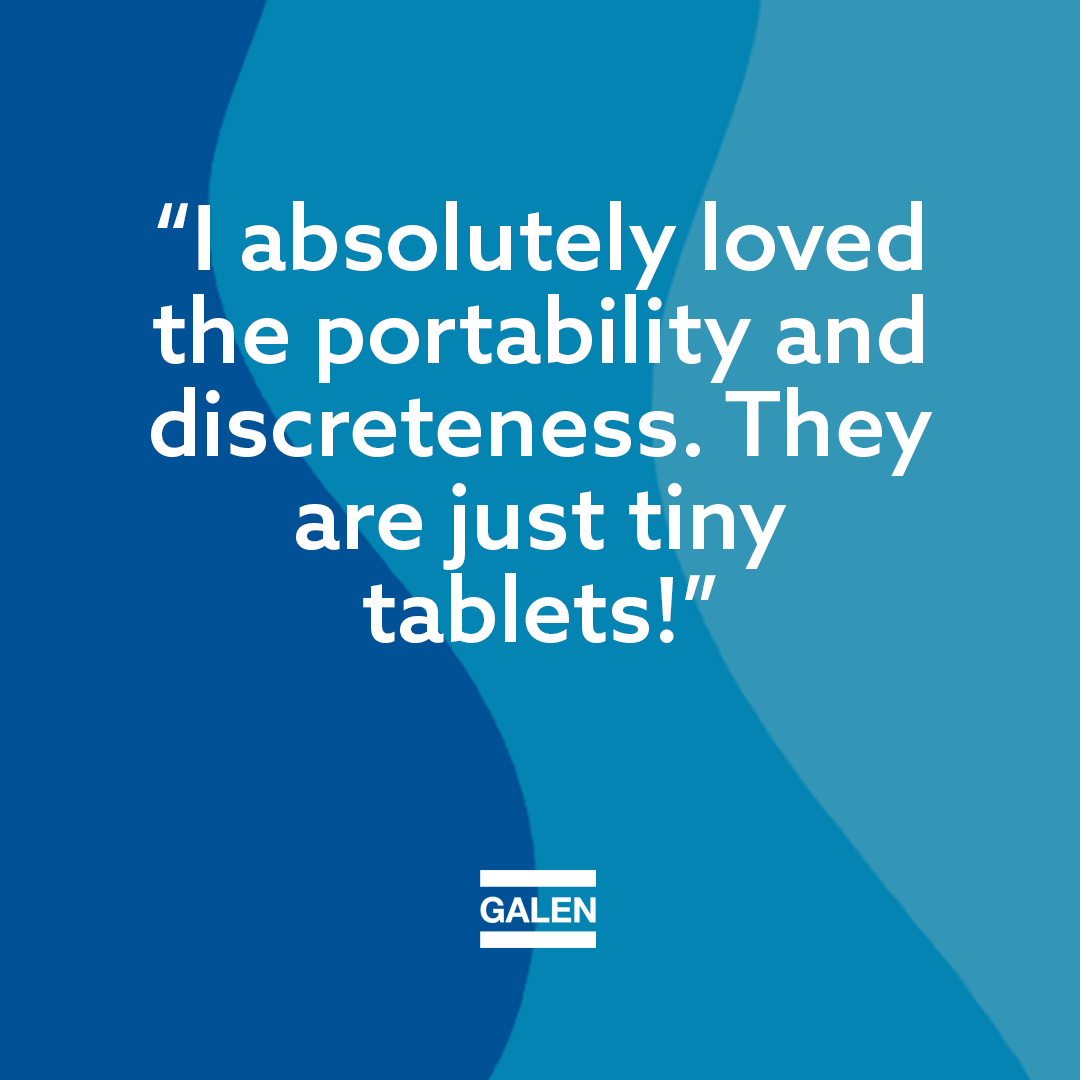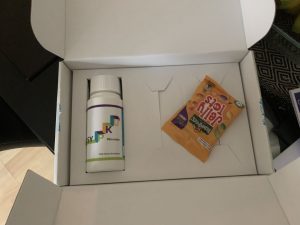Hello everyone, my name is Clair Willcocks, I am 28 years old and I am Galen Medical Nutrition’s PKU blogger. I am an adult with PKU and I was diagnosed with Classical PKU 8 days after birth. I am on 5 exchanges of protein a day and currently taking the PKU EASY Microtabs substitute 6 times a day.
I’ve really enjoyed hearing from other points of view when it comes to PKU, whether that’s from close friends or my family. It’s amazing how we all have the same diagnosis, yet life can be so different, as well as so similar – whether it’s our exchange tolerance, our experiences with friends and workplaces or even just our favourite foods.
I love the idea of hearing as many PKU stories as possible, and to hear from people I don’t know as well as friends. So, I asked Galen Medical Nutrition to send out a message on the social media to see who would want to talk with me about their PKU story.
Kevin answered! He came to me saying he was ‘on diet as a kid, untreated for 35 years + and started taking a medication for PKU 2 years ago. Not only was I excited someone had even responded but I could see just in that sentence that there was a lot we could talk about. I also saw from his Twitter that he was from the United States of America, as I’ve always been fascinated to hear more about the PKU world from across the pond!
Please tell us a bit about yourself, where are you from, your age, current job, favourite hobby, favourite film/tv series? With your PKU tell us a bit about your diet, your current exchange allowance and what substitute/medication are you on?

My name is Kevin. I am in my early forties and I live and work in the state of Indiana in The USA. I don’t have a lot of time for hobbies lately, but I do enjoy going for a bike ride or a walk now and then when I can squeeze it in. I also don’t watch a lot of movies or TV, but I am a huge Monty Python fan and I love a good irreverent comedy film.
As far as my PKU goes, I am currently taking a medication and it is effective to about 80g of protein per day. My diet is pretty basic, though I still have to watch my protein intake, as 80g is not as much as it sounds like for a larger person like myself (I am 6’4”/ 193cm tall). Mostly chunks of meat must be kept small and I still incorporate a large amount of vegetables and fruit in my diet to keep my numbers down.
How do you find the treatment/management of PKU in the USA, what are the positives and what are the negatives?
On the one hand, I am grateful to have had such ready access to the medication. I had a blood draw to establish my levels, which were 20x the normal level (more on that later) and I was referred to a specialist and was on the medication within 4 months. The frustrating part is that since we don’t have socialised medicine as you do in the UK, I have to deal with my insurance, and the co-payment can be prohibitively expensive if I am not able to get assistance (upwards of 13k/year). It would be impossible to afford without insurance since the retail cost is about $250,000 per year.
Insurance nonsense aside, I am pleased with the accessibility of my specialist and dietary support team and the expertise they have to answer any questions I have about managing my PKU/ PHE levels. I meet with them every 6 months in Indianapolis (a 3 hour drive) for about a 30-minute appointment, but it is worth it to me.
Do you know many others with PKU in your state? Knowing how big America is, is it hard to get in contact with other people with PKU?
The only other person I know with PKU is my brother, who lives 600 miles away from me. I have never met another person with PKU since my family moved from Michigan to Illinois in 1987. We had a small group organized by the University of Michigan children’s hospital to connect families whose children had PKU, but I don’t remember much other than an odd get together. I am not really aware of any PKU groups near me, so it is a pretty isolated existence I lead.
You mentioned you were on diet as a child, how did your parents handle your PKU diet and the original diagnosis at birth?
As well as they could, I suppose. My mother managed our diet when we were young, making sure our exchanges were in order. It was very stressful for her; I do know that. I was let off the diet so young I don’t remember much at all.
You mentioned to me you went off diet for 35 years, what age did you go off diet and do you remember the reasons/events that caused you to go off diet?
I was taken off the diet at 5 years old by a doctor who claimed to be on the cutting edge of PKU treatment. Other, more conservative doctors would have held me on until 12, but I was going to be let off just before adolescence, regardless. I do remember them checking my levels regularly via blood cards at home and occasional trips to the hospital to do draws.
What was it that made you go back on diet? During that time did you think about your PKU diet at all or did you just put it at the back of your brain?
I only went back on a PKU diet after I got my levels tested and consulted my specialist in Indianapolis. He was the one who told me what the diet was like and really only used it as a precursor to going on medication to see if I could drop my levels some before starting. I remember cutting back to about 30g a day, which for me is virtually nothing. I never really was aware of the diet until then, because I was taken off so young and my parents never really talked about it much. I guess they thought it wasn’t an issue anymore, so why bother?
Did you feel any effects of being off diet for so long? And if so, what were they?
Oh, God. Where do I begin? Anxiety, lack of impulse control, insomnia, sudden violent outbursts of anger when stressed or overwhelmed, lack of attention/motivation, strong mood swings, executive function was compromised (decision making), lack of self-awareness in social settings (like Asperger’s) I was diagnosed with ADHD in high school and narcissistic and anti-social personality disorders when I was 30. Sometimes it was like my brain was a jumbled pile of puzzle pieces that wouldn’t fit together no matter how hard I tried.
You’ve said you’ve been on the medication for 2 years, is that what brought you back to the diet and if so, how did you find out about the medication?
My brother is married to a Nurse, and she was the one who prompted him to seek out treatment for his PKU. Seeing him do it eventually convinced me to seek treatment as well. It was really only through this and the consultation with the Specialist and the Registered Dietician that I became aware of any changes in diet or medication treatments that were possible to deal with my PKU.
How do you find being on medication, what difference has it made to your diet? What surprised you about being on it?
I can eat almost normally at this point. As I said, there is a threshold still for how much protein I can eat and still have my levels be okay. I am so happy to say that it has been an absolute game changer for me. Most of the symptoms I dealt with before are either lessened or nearly non-existent (they do pop up once in a while if my levels creep up)
However, one of the most difficult things for me has been adjusting to being able to function to my full capacity for the first time in basically ever. I mentioned one of the effects of not being treated at all was a compromising of my executive function and lack of impulse control. Part of my journey involved a history of self-medicating my brain with alcohol. When I would drink far too much, the relaxing of my inhibitions combined with my compromised decision-making abilities due to high PHE would result in some of the most egregious, hurtful acts towards those I loved. Specifically, it led to multiple infidelities and even a bit of legal trouble. The guilt and shame I have carried from these actions initially lessened when I resumed treatment and realized what was behind it all along.
However, decades of believing myself to be a wicked person who didn’t deserve to be loved took its toll. I am currently in counselling for this.
The medication has given me a new lease on reaching my potential, but there is work to be done to undo the psychological damage of 35+years of toxic PHE levels in my brain. The effects of being off diet may always be there, as it is possible (according to my specialist) that permanent damage has been done by so many years of toxic levels.
I see you’re quite new to Twitter and that you say in your bio that you’re on twitter specifically to engage with other PKU’s, how are you finding it? Is there anything that you feel the PKU community could be doing better on social media to support each other?
I have been delighted to connect with other PKU’s and realise how not alone I am in my journey. It surprises me there aren’t more Americans on the PKU twitterverse, but I will take what I can get, they are all delightful people.
As far as mutual support, it might be nice to have a forum somewhere to discuss issues with diet/medication or the general frustration of being PKU in a very non-PKU world. I don’t doubt it exists somewhere but publicizing it more would be nice for those of us not as familiar with social media or who don’t know how to reach out.
What do you think PKU’s from other countries could learn from each other? Do you think there is a better way we could support each other on an international level, not just with those within our own countries/communities?
I think the best way would be to openly share how each country deals with access to PKU treatment and resources so that others can glean ideas for how to lobby their governments for better access and control over their treatment. I see quite a bit about the UK, but not so much about Germany or the USA or anywhere else, really.
What do you hope for the future of PKU and with your own journey with your PKU diet?
Ultimately, I think I would love for rare diseases in general and PKU specifically to be given far more funding for treatment research and awareness training for society as a whole. There is too much stigma around rare disorders because people simply don’t know how to deal with someone who has such a restricted diet. It gets tiring having to explain my condition to virtually every person I deal with as to why I am not chowing down on another Bratwurst or hamburger.
Personally, I am hoping to transition to a less meat centered diet, maybe even vegan. I have found myself cherishing the PKU-friendly recipes on Twitter like they are dishes from my home culture. I have yet to find jackfruit in the USA (I may have to order it online, ugh) but I promise to get my hands on some and go nuts with the PKU friendly cooking!
Finally, what message of support or word of advice, regarding PKU would you give your younger self, if you could meet them now?
Your PKU is a lifelong journey. Take it seriously and keep doing the diet. Even though it will be difficult and frustrating, the effects of not following it will cause far more trauma. Learn to embrace how you are made and find strength in the journey.
I was so excited to speak to Kevin, that he volunteered himself and being from USA, it’s always interesting to hear how other countries work with PKU treatment!
It is however frustrating and upsetting to hear another story of someone going off diet at a young age, that there are whole generations of people who were let down by their doctors, even though there was less understanding of PKU and how it works back then. We now know it is definitely diet that is best for you and the thought of being taken off diet at 5 years old is just crazy now.
I know how hard it was for me to get back on even after a few years in teenager rebellion, so I imagine trying to get back after 30 years would be almost impossible. It’s another reason why new treatments and products coming out and innovating how we treat the diet is so important, so it’s not such a huge jump to go from “normal” life to diet life!
I agree with Kevin, the feeling of being back on diet is amazing! You feel so clear headed and like a completely different person, so it’s important to get as many people from the generation, that were told to go off diet, back on diet as soon as possible without all the pain of what the diet was.
Learning to “embrace how you are made” is definitely a huge thing for me as well, accepting that PKU is a part of your life means you stop trying to fight it, pretend or keep quiet, as I’ve said before, friends and family do want to help, so even I have to remember to reach out and to be gentle with myself, I am doing my best!
Thank you, Kevin, for your time and if you wish to share your story, please get in touch either with Galen directly or my own Twitter @Clairbear42.


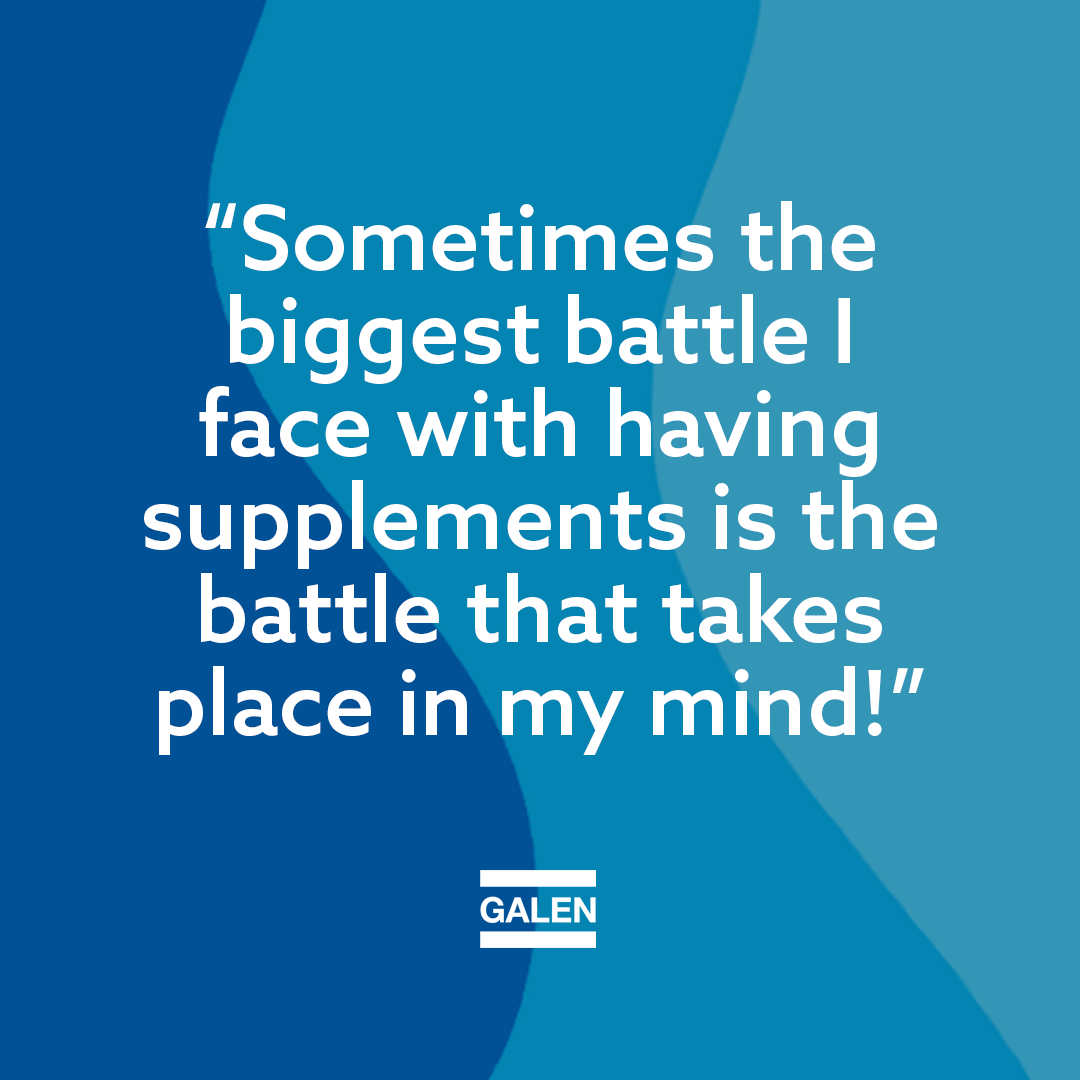
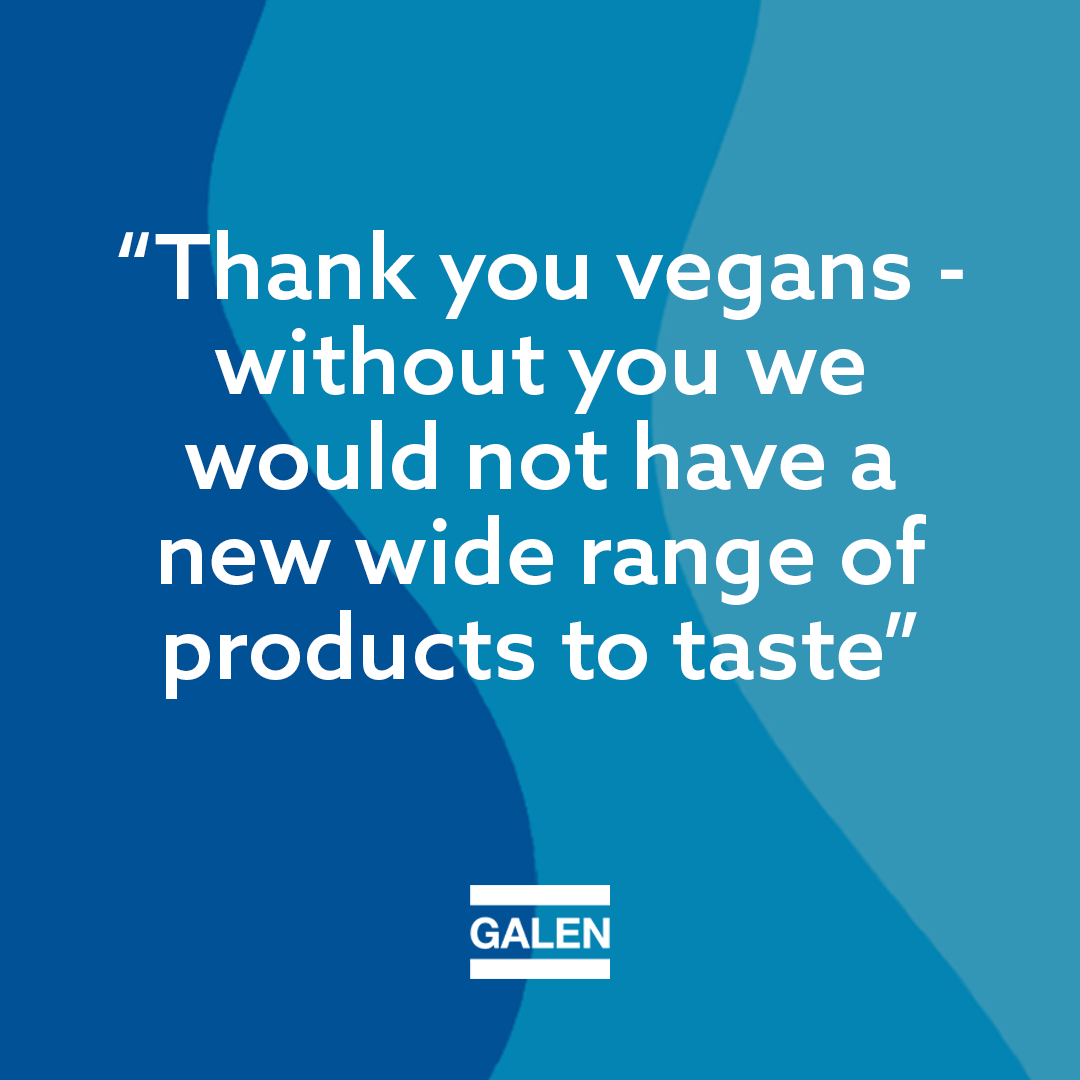
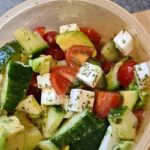



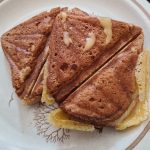
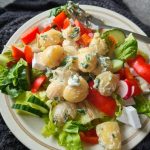


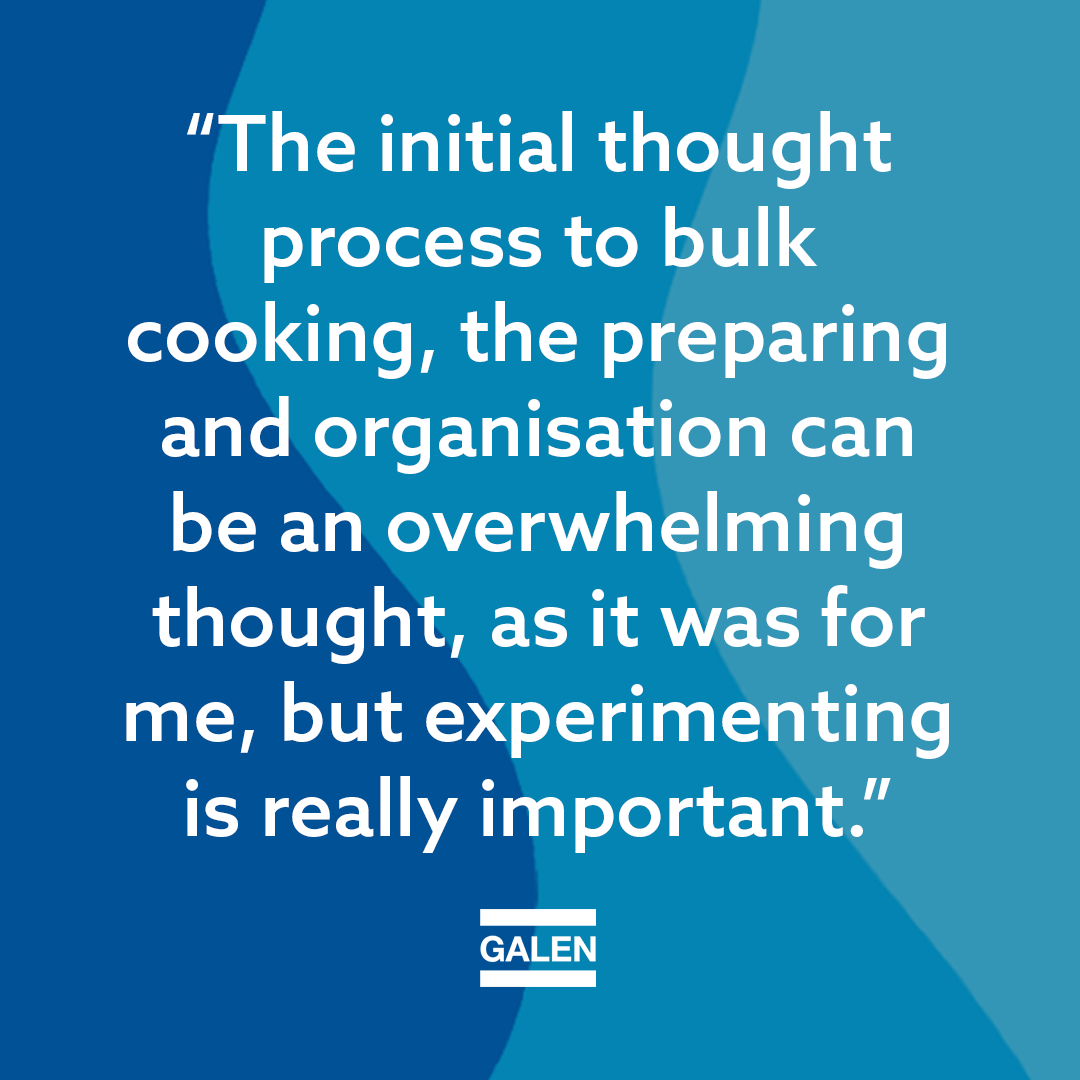

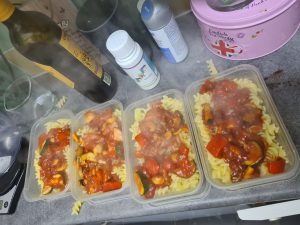
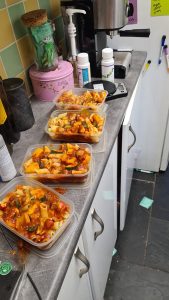
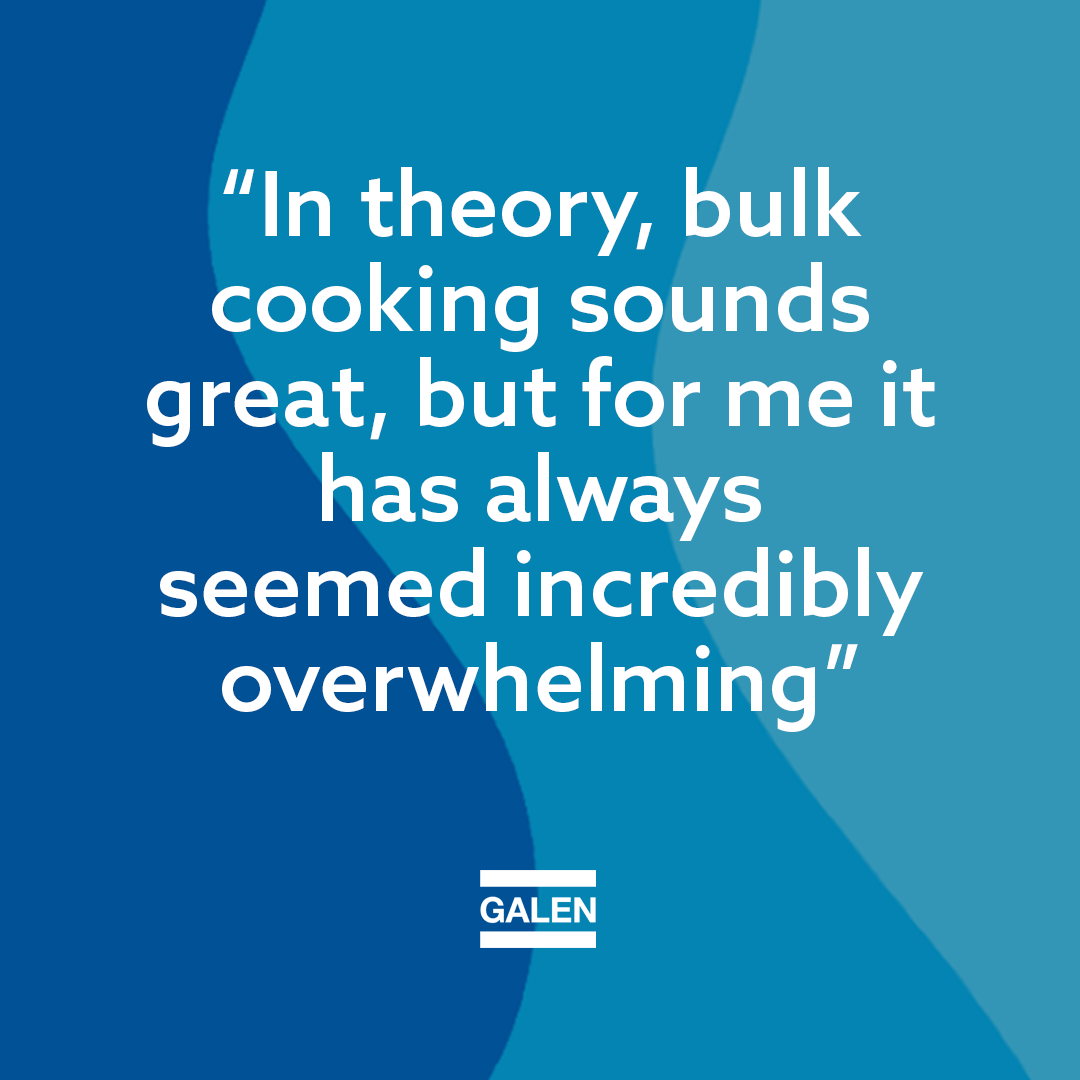
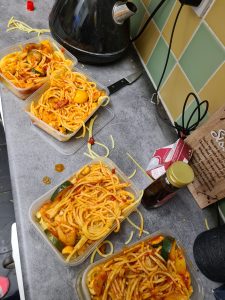
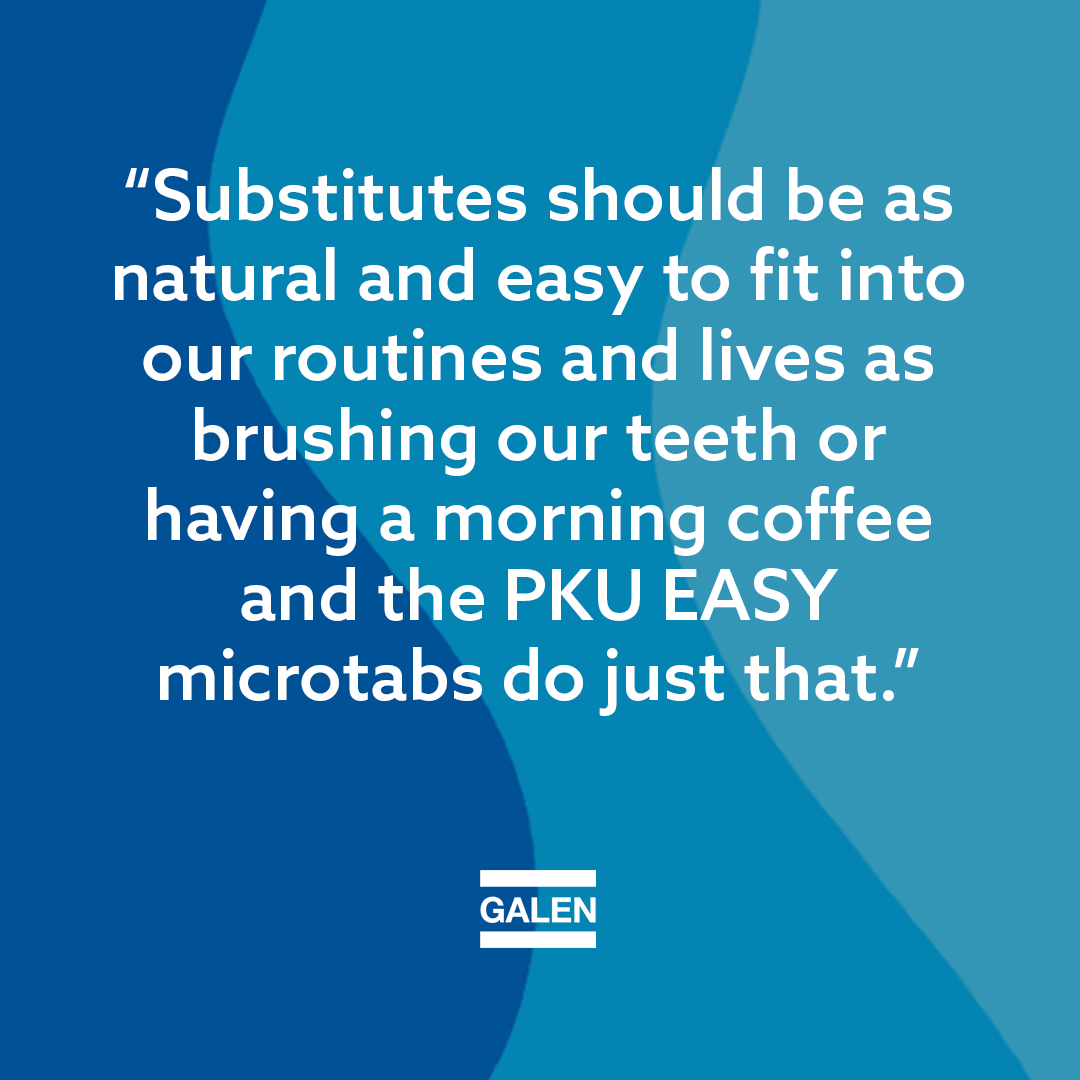
 As I did in my previous blog, I want to compare my experiences of travelling before with my substitutes vs travelling now with the PKU EASY microtabs.
As I did in my previous blog, I want to compare my experiences of travelling before with my substitutes vs travelling now with the PKU EASY microtabs.
